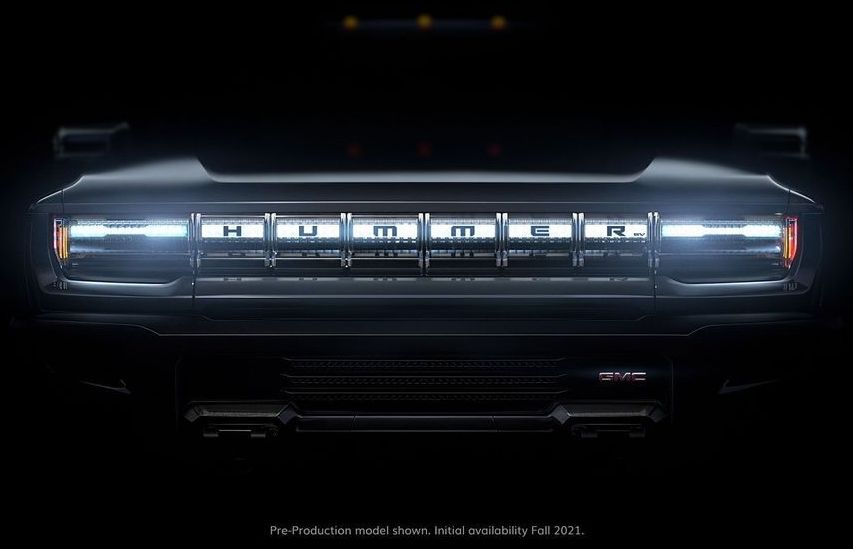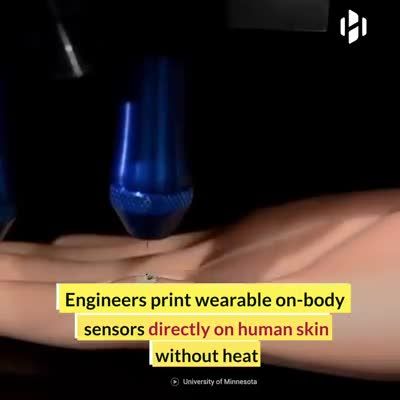Australia seems to be leading the way in terms of wind power as well. 😃
It was a big week for South Australia last week. First, as we wrote at the time, the state reached 100 per cent solar power (of state demand) for the first time on Sunday, October 11.
Then, just a few days later, the state reached 100 per cent wind power (of state demand), on Thursday, October 15.
This was not the first time for wind, as it occurs reasonably often and for sometimes lengthy periods, but the fact that the two events occurred within days of the other are nevertheless important milestones. And although the transition to clean energy is far from complete, it does give some insight into what the state Liberal government’s target of “net 100 per cent renewables” by 2030 might look like.







